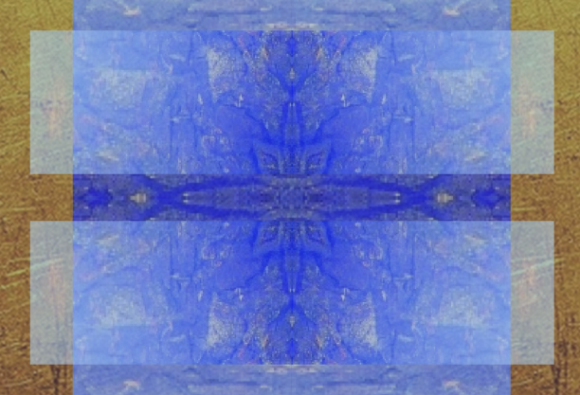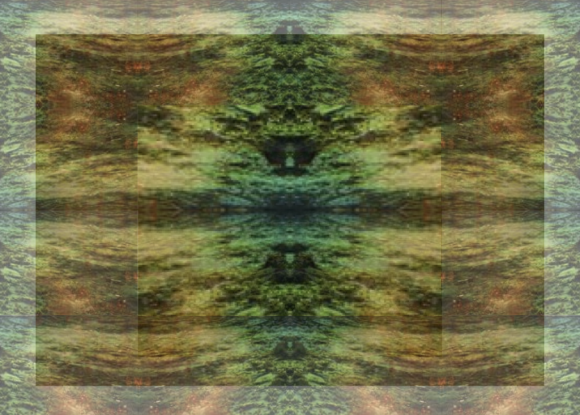
When we become aware of a new phenomenon, it usually happens this way: you notice an occurrence, and then another one, and so on; soon you realize that it is a pattern; you give it a name; finally you collect instances and begin to investigate them: formulating explanations, making predictions, putting it all together in a theory of that phenomenon. Something like this presumably happened with...


